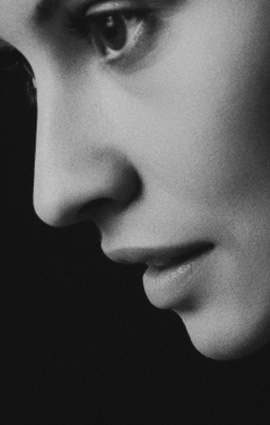Treatment face
Secondary (Revision) Rhinoplasty
Secondary rhinoplasty, also known as revision rhinoplasty, is a surgical procedure performed to correct or enhance results of previous nose surgery.
Search
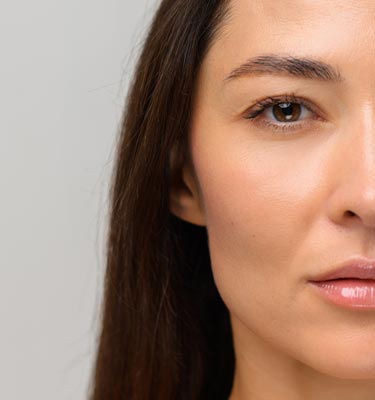
Treatment face
Secondary rhinoplasty, also known as revision rhinoplasty, is a surgical procedure performed to correct or enhance results of previous nose surgery.
At a glance
Expected Results
Improved rhinoplasty outcomes. The results will be better, not perfect.
Treatment Time
2-4 hours
Anaesthesia
General anaesthetic
Recovery Time
2 weeks
Return to Work
2 weeks
Frequency
Single procedure, permanent results
Treatment Overview
Secondary rhinoplasty, also known as revision rhinoplasty, is a surgical procedure performed to correct or enhance results of previous nose surgery.
It is designed to address issues such as nasal asymmetry, breathing difficulties, scarring, or dissatisfaction with aesthetic outcomes following the initial procedure. Patients may seek secondary rhinoplasty to refine, optimise the nasal shape or improve facial harmony.
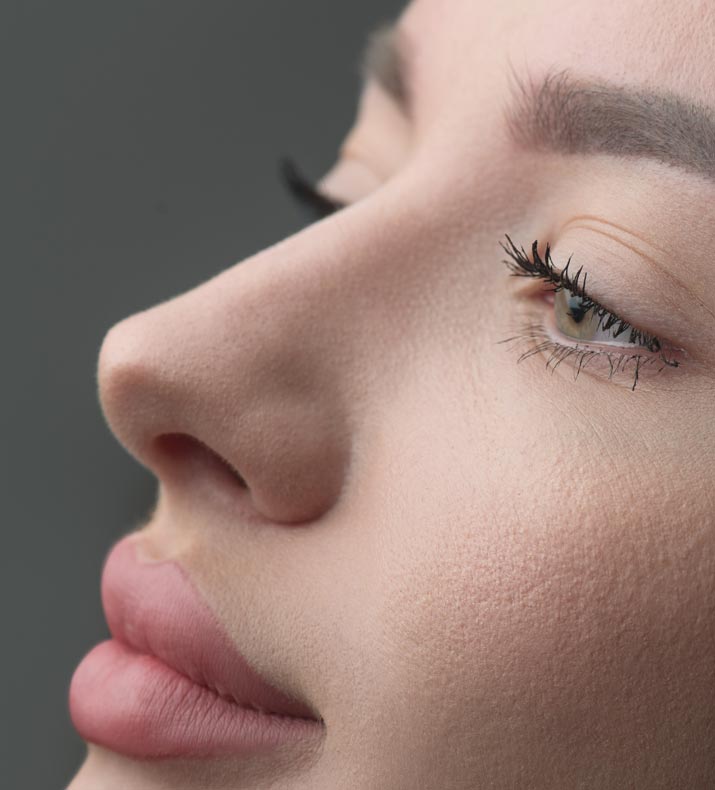
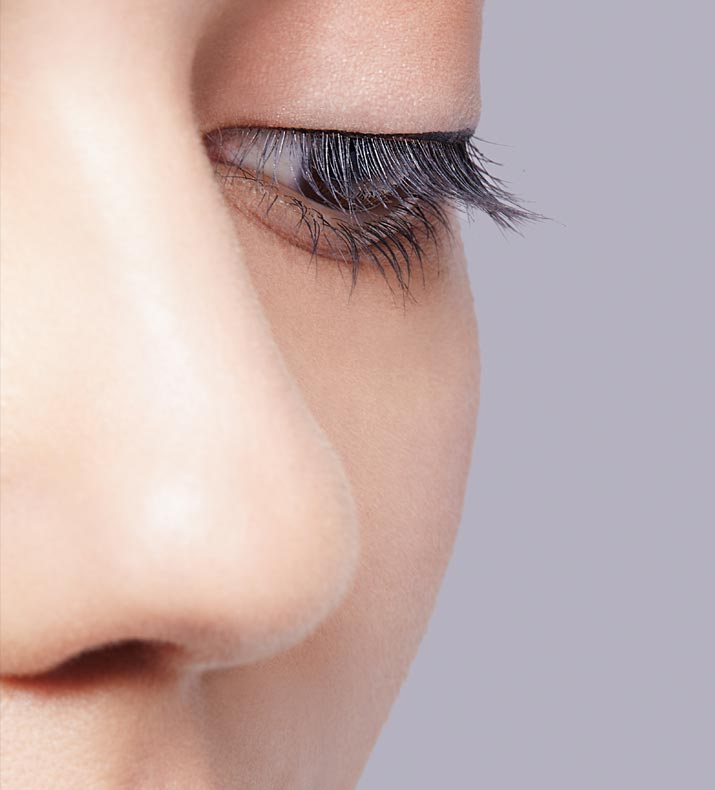
About Secondary (Revision) Rhinoplasty
Mr Paul Wilson is an expert in secondary rhinoplasty, known for his meticulous attention to detail and ability to manage complex cases. Revision rhinoplasty requires advanced surgical skill due to the altered nasal structure and potential scarring from the initial surgery. Mr Wilson uses his extensive experience and artistic approach to deliver natural-looking results tailored to each patient’s needs. Patients trust him for his compassionate care, precision, and dedication to achieving both functional and aesthetic goals.
If you’ve had a rhinoplasty before, it is likely that your septum would have been harvested and used for reconstruction. Most cases of secondary rhinoplasty require the use of cartilage grafts either from the ear or rib. Rib may be harvested from your own ribcage (autograft) or cadaveric rib, off the shelf (allograft). Fascia may also be harvested from the muscle lining within your temple. Mr Wilson will talk you through the options for the best result.
For those seeking improved outcomes or enhanced confidence, Mr Wilson provides expert solutions in secondary rhinoplasty, combining advanced techniques with a patient-centered approach.
Due to the complex nature of this surgery, secondary rhinoplasty requires exceptional surgical skill and expertise. For this reason, it’s crucial to choose a highly experienced surgeon like Mr Wilson.
The first step in secondary rhinoplasty is an in-depth consultation. During this session, Mr Wilson assesses the nasal structure, skin quality, and concerns related to the previous surgery. Digital imaging may be used to help visualise potential outcomes, allowing for a shared understanding of what’s achievable. A tailored surgical plan is then created, focusing on achieving natural, balanced results while addressing structural or functional problems.
Secondary rhinoplasty is typically performed under general anaesthesia and involves more intricate techniques than primary rhinoplasty due to the altered anatomy and possible scar tissue from the first procedure. Mr Wilson may perform an open rhinoplasty which involves a small external incision at the columella (the tissue between the nostrils). This allows for comprehensive access to the nasal framework, making it ideal for addressing significant structural concerns or asymmetry.
However, if Mr Wilson decides a closed rhinoplasty is a more suitable approach, all incisions are made inside the nostrils, leaving no visible scars. Closed rhinoplasty is often used for minor revisions or adjustments to the nasal shape.
In many cases, secondary rhinoplasty requires the use of cartilage grafts to rebuild or strengthen the nasal structure. Cartilage is often sourced from the patient’s septum (the partition separating the two nasal chambers), ear, or rib. Advanced techniques ensure precision and durability, providing both functional and aesthetic improvements.
Once the corrections are complete, incisions are meticulously closed, and a nasal splint is applied to protect the structure during healing. Depending on the complexity of the surgery, internal nasal packing may also be used temporarily.
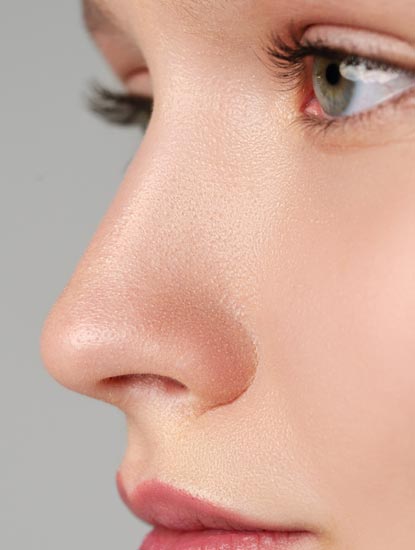
Benefits
Benefits of secondary rhinoplasty include:
 Book a consultation now
Book a consultation now
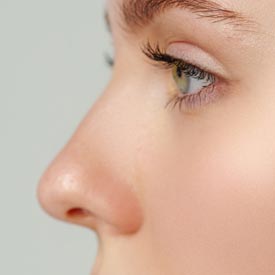
Post-Operative Recovery
Following secondary rhinoplasty, patients can expect some swelling, bruising and nasal congestion. These effects are normal and begin to subside within a week or two. Mr Wilson provides detailed aftercare instructions to promote healing, including keeping the head elevated, avoiding strenuous activities, and taking prescribed medication to manage any discomfort. Nasal decongestants and saline spray are provided. Splints and internal packing are usually removed 7-10 days after surgery. Bruising typically resolves after 2 weeks, though swelling may persist longer. Most patients can return to work or light activities after 2 weeks, depending on the nature of their work and the complexity of surgery.
While significant improvements can be seen as initial swelling subsides within 4 weeks, it may take up to a year for the final results to fully emerge as the nasal tissue settles. Patience is key during this process, as the healing timeline varies based on individual factors and the extent of revisions made.
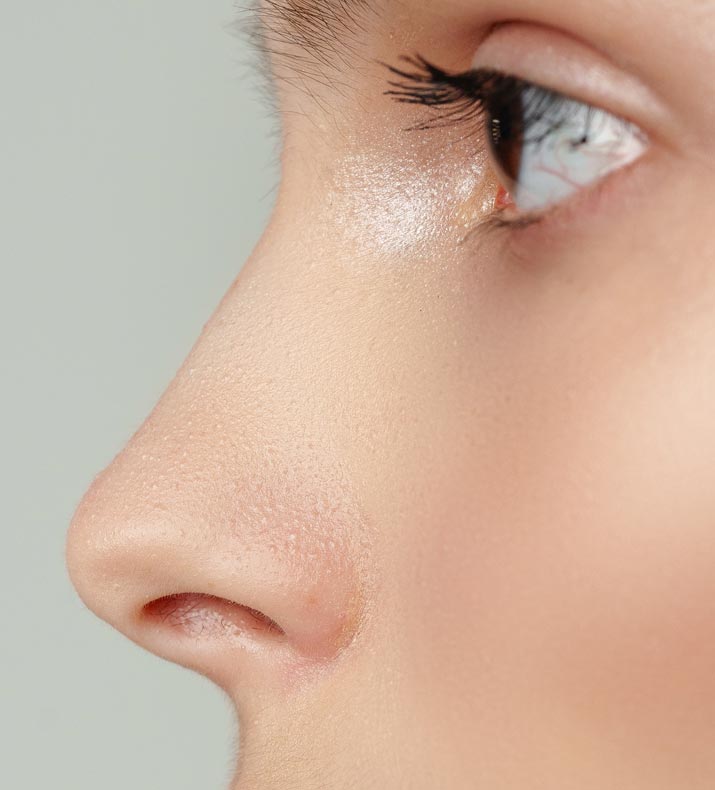
Fees
The cost of each secondary rhinoplasty is tailored to the individual procedure.

FAQ
Secondary rhinoplasty is considered a safe procedure when performed by an experienced surgeon like Mr Wilson. While it is more complex than primary rhinoplasty due to scar tissue and altered anatomy, Mr Wilson’s expertise and experience ensures that risks are minimised, and outcomes are optimised. Comprehensive pre-operative assessments and tailored surgical planning further enhance safety. Patients should follow all aftercare instructions and disclose their full medical history to optimise outcomes and reduce the likelihood of complications.
Pain after secondary rhinoplasty is typically mild to moderate and can be managed with prescribed pain relief. Swelling, bruising, and nasal congestion are common but improve over time. Most patients report discomfort rather than significant pain, especially in the initial recovery phase. Mr Wilson provides detailed instructions and post-operative support to ensure a smooth and comfortable healing process.
Aftercare includes keeping the head elevated, avoiding strenuous activities, and following a prescribed medication regimen. Patients should refrain from blowing their nose and keep incisions clean and dry. Nasal splints or packing may be in place temporarily, and Mr Wilson provides comprehensive guidance to promote healing and optimise results.
Follow-up appointments are typically scheduled within a week of surgery to monitor healing and remove any splints or packing. Additional check-ups are arranged at intervals during the recovery process to assess progress and ensure satisfaction with results. Mr Wilson’s team remains available to address any concerns between appointments.
Mr Wilson specialises in secondary rhinoplasty and frequently performs revisions for patients who had their initial surgery elsewhere. He takes a patient-centered approach, listening carefully to concerns and designing a personalised plan to achieve the desired outcome. Mr Wilson welcomes patients seeking a second opinion or wishing to refine previous results.
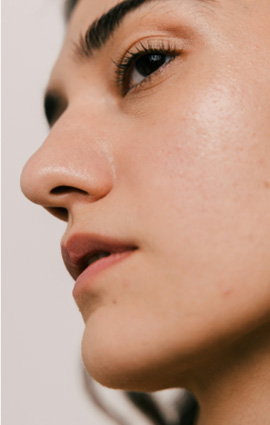
Schedule your consultation
Embark on your journey to a more confident you. Contact Mr Paul Wilson today to schedule your initial consultation and learn more about how his expertise can make a lasting, positive change. He also offers complimentary Zoom video consultations for your convenience.
